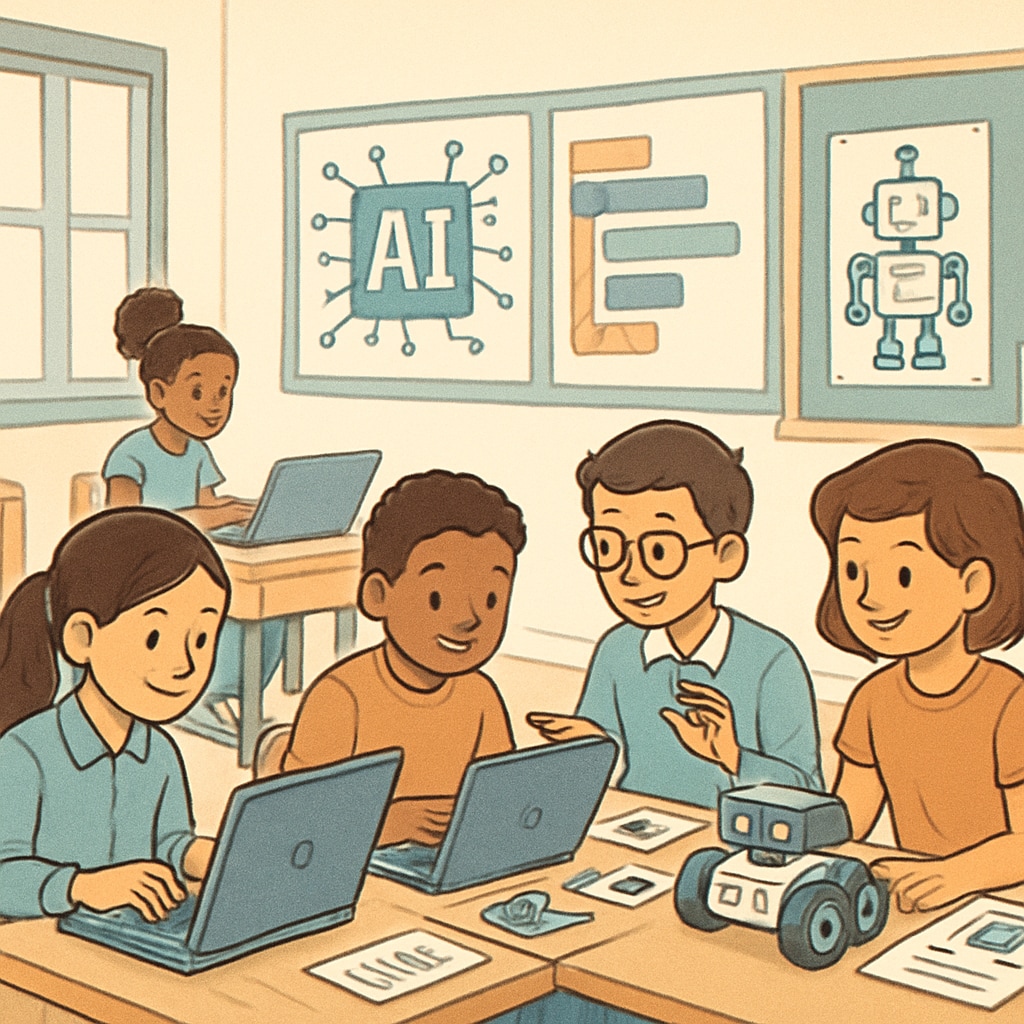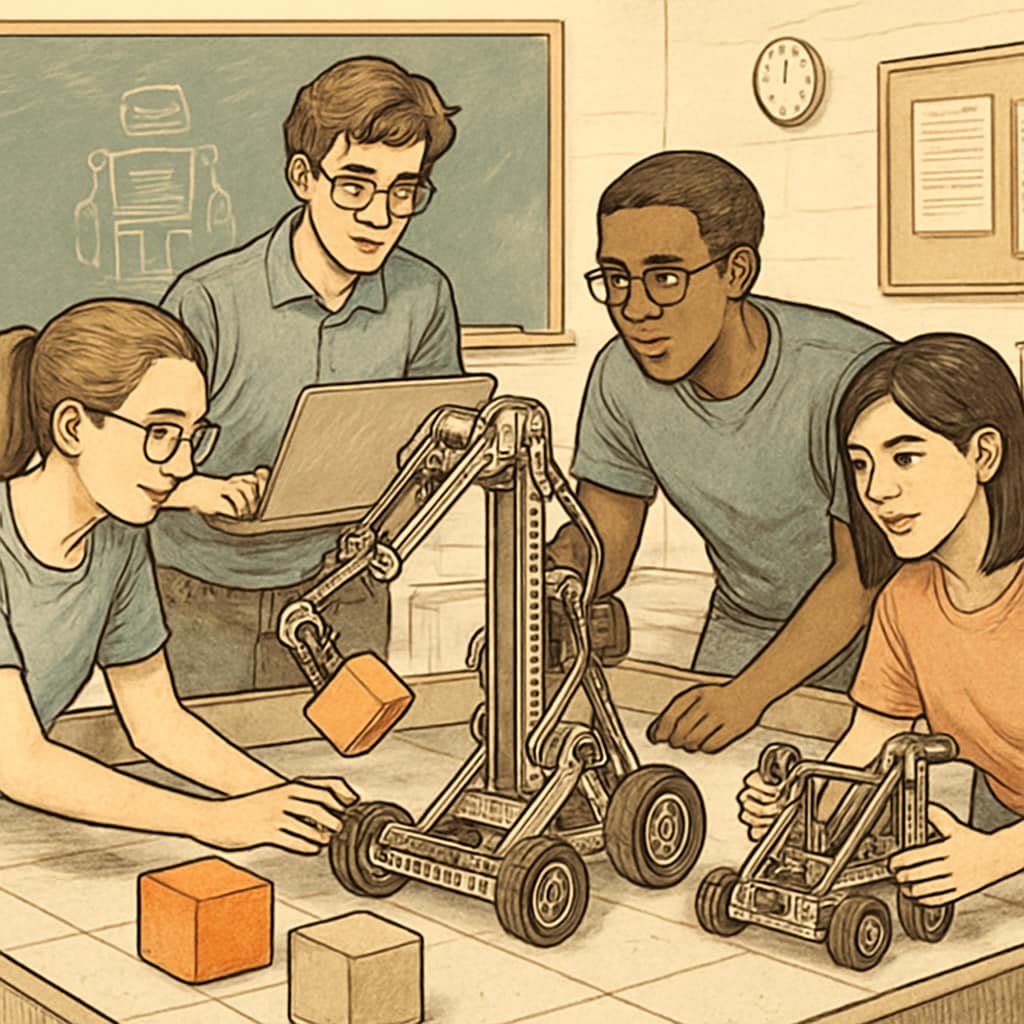Artificial intelligence (AI), university education, and career futures are deeply intertwined in today’s rapidly evolving world. As AI continues to transform industries, students face an unprecedented need to adapt to career landscapes defined by automation and innovation. This shift poses a critical question: How can K12 education prepare students for a future where traditional career paths may no longer exist? By fostering adaptability, creativity, and critical thinking, K12 institutions can equip students with the skills they need to thrive in an AI-dominated era.
Challenges in Higher Education and Career Pathways
University education has long been considered a gateway to stable employment. However, AI’s growth is disrupting this narrative by automating tasks once performed by highly educated professionals. For example, fields like law, medicine, and finance are increasingly adopting AI-driven tools to streamline operations, reducing the demand for certain specialized skills. As a result, the traditional value of higher education is under scrutiny, leaving students and parents questioning its role in securing future career opportunities.

Moreover, employers are shifting their focus toward hiring individuals with problem-solving abilities, emotional intelligence, and digital literacy—qualities that are not always emphasized in conventional academic settings. This paradigm shift demands a redesign of educational frameworks to better prepare students for the unpredictable job market.
Reimagining K12 Education for the AI Era
To address the challenges posed by AI, K12 education must evolve beyond rote memorization and standardized testing. Instead, schools should focus on cultivating skills that AI cannot easily replicate, such as creativity, interpersonal communication, and ethical reasoning. Below are key strategies to consider:
- Integrating STEM Education: Science, technology, engineering, and mathematics (STEM) subjects are foundational for understanding AI and its applications. By introducing coding, robotics, and data analysis early, students can develop technical expertise and computational thinking.
- Promoting Soft Skills: Emphasizing teamwork, leadership, and adaptability prepares students for collaborative environments where human interaction remains indispensable.
- Encouraging Experiential Learning: Real-world projects and internships help students apply theoretical knowledge to practical scenarios, bridging the gap between academic learning and workplace demands.

Preparing for a Future of Lifelong Learning
Given the dynamic nature of AI-driven industries, the concept of lifelong learning is becoming increasingly relevant. Students must be equipped to continuously acquire new skills throughout their careers. K12 educators can instill this mindset by teaching students how to learn effectively and adapt to change. For example, encouraging curiosity and resilience can help students remain agile in the face of technological advancements.
Furthermore, partnerships between schools, universities, and businesses can provide students with insights into emerging career opportunities. Organizations like STEM Education on Wikipedia and Education on Britannica offer valuable resources for understanding the evolving educational landscape.
Conclusion: Empowering Students for an AI-Driven World
As artificial intelligence continues to redefine university education and career futures, K12 education must rise to the challenge of preparing students for unprecedented uncertainty. By focusing on core competencies such as creativity, adaptability, and lifelong learning, educators can empower students to remain resilient in the face of technological disruption. The future of education lies in equipping young minds with the tools to navigate a world where change is the only constant.
Readability guidance: Use concise paragraphs and bullet points to summarize insights. Emphasize active voice and avoid overly complex sentences. Incorporate transitional words to ensure smooth flow between ideas.


